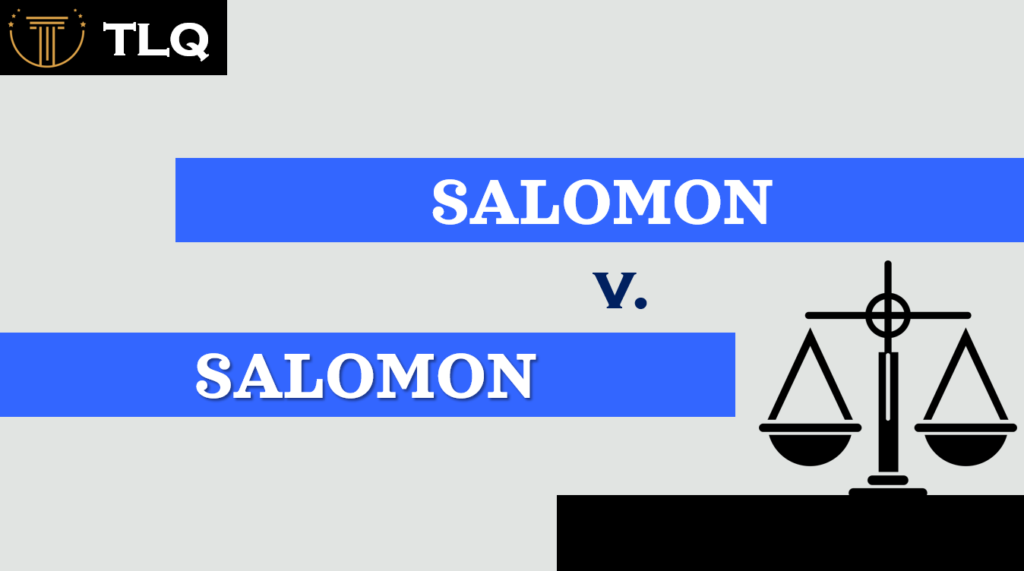Published on: 16th November 2025
Authored by: Piyali Mitra
S.K. Acharya Institute of Law, University of Kalyani
Case Title: Aligarh Muslim University Through Its Registrar Faizan Mustafa v. Naresh Agarwal & Ors.
Citation: 2024 SC 3213
Court: Supreme Court of India, Constitution Bench
Bench Strength: 7 Judges
Composition of Bench: Chief Justice D.Y. Chandrachud, Justice Sanjiv Khanna, Justice Surya Kant, Justice J.B. Pardiwala, Justice Dipankar Datta, Justice Manoj Misra, Justice S.C. Sharma.
Date of Judgment: November 8, 2024
Relevant Statutes/Key Provisions
- Article 30(1), Constitution of India (rights of minorities to establish and administer educational institutions)
- Article 28, Constitution of India (religious instruction)
- Article 26, Constitution of India (freedom to manage religious affairs)
- Aligarh Muslim University Act, 1920
- University Grants Commission Act, 1956
Brief Facts:
- AMU was found in 1877 as Muhammadan Anglo-Oriental College by Sir Syed Ahmad Khan and became a university in 1920 via a legislative act.
- In 1967 the Supreme Court ruled in the case of Azeez Basha v. Union of India that AMU is not a minority institution which was a result of legislative action and not of the Muslim community’s own doing.
- Parliament in 1981 changed the AMU Act which put forth the AMU’s minority status, but that was challenged which has brought us to the current legal issue.
- The issue at hand was that AMU’s status as a minority institution which is entitled to the protections of Article 30(1)156 was in question.
Issues Raised:
- Whether AMU falls under the category of a minority institution as per Article 30(1) of the Constitution.
- Whether through statute AMU was given its structure and therefore cannot claim minority status.
- The issue of what rights and autonomy AMU as a minority institution has.
Arguments:
Petitioner’s Arguments (Naresh Agarwal & Ors.):
- In Re Azeez Basha v. Union of India (1967) which held that AMU is not a minority institution as it was established by a legislative act and not the Muslim community.
- We argued that the 1981 amendment to the AMU Act did not have to retroactively change the character of the university.
- Asserted that bestowing minority status would damage the secular character of a central university.
Respondent’s Arguments (AMU):
- Argued that AMU was established by the Muslim community for the purpose of educational advancement, the 1981 amendment in that which reported the historical fact.
- Claimed independence in running AMU as per Article 30(1) which also includes the right to introduce reservation policies for Muslim students.
- Emphasized that which is statutory does not preclude the minority character if the institution’s birth and purpose are from within the minority.
Judgement:
- The Supreme Court delivered a 4:3 verdict, overruling the S. Azeez Basha precedent.
- Held AMU is a minority institution as per Article 30(1) and avails its protections.
- Recognized AMU’s right to run its own affairs which includes admissions and internal policies within the framework of constitutional parameters and regulatory oversight for quality and fairness.
Ratio Decidendi
- The minority character of an educational institution is a result of its origin and the intent of its founders which may not be associated with the institution’s mode of creation (through statute or other means).
- Statutory establishment in and of itself does not do away with the minority character of an institution which was founded for a minority community.
- Article 30(1) is to be interpreted broadly in favour of minority rights to found and run educational institutions.
Obiter Dicta
- The Court reports that while minority institutions have independence, the State at the same time retains the power to set standards for academic performance, fair play and accountability.
- Reservations or policies implemented by minority institutions must be fair and within constitutional boundaries.
Final Decision
- AMU is a minority institution as per Article 30(1) of the Constitution.
- The 1967 Azeez Basha’s case was overruled.
- AMU has autonomy in administration and which at the same time see their regulatory standards and fairness’ issues handled.



